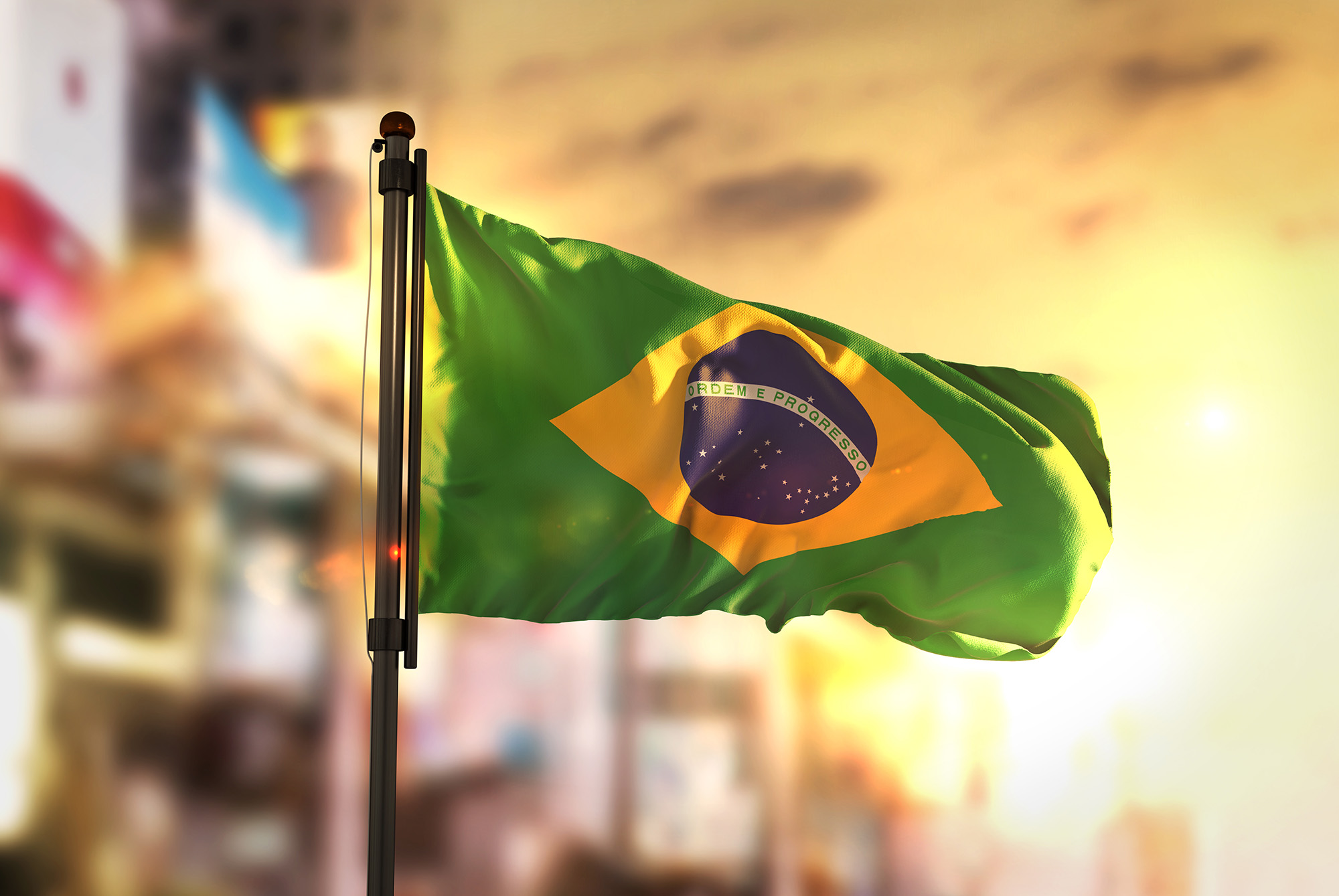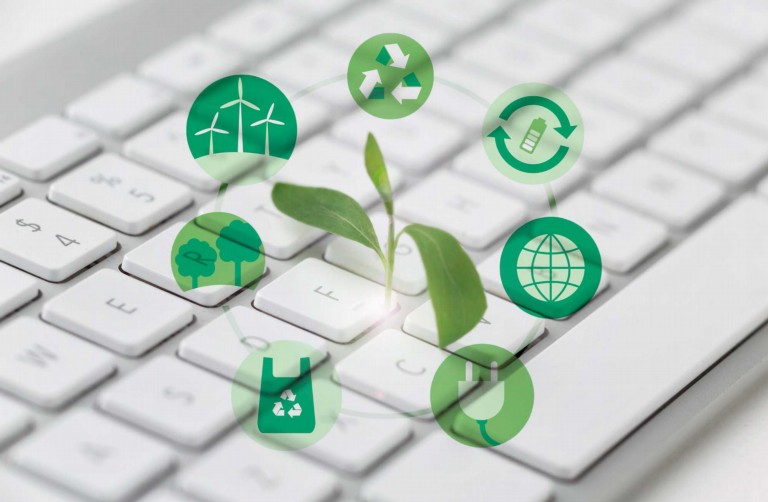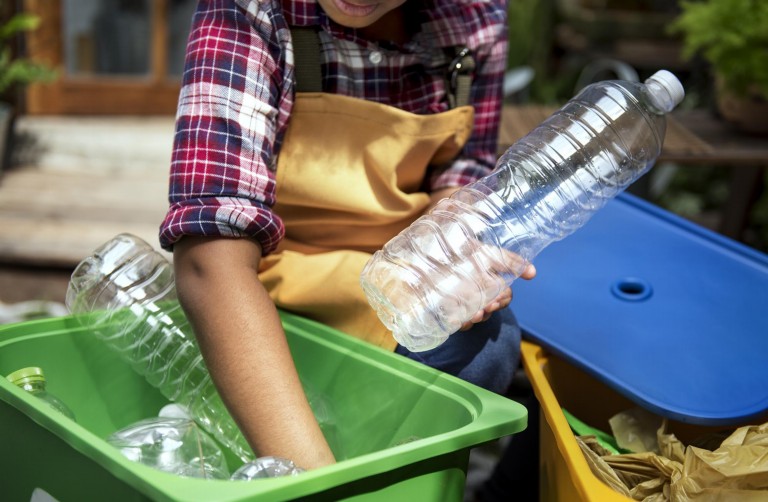
2020 was one of the most unusual years and triggered one of the biggest crises ever seen. The pandemic caused by the new Coronavirus has brought countless losses and serious damage to the economy across the planet.
Brazil is one of the most affected countries and many industries had their doors closed or almost reached that point with the high paralysis of the economy. According to the IBGE (Brazilian Institute of Geography and Statistics), more than 70% of the industries had a negative overall impact and 40% of the companies paralyzed by the total in the pandemic had to close their doors.
Gradually, the economy has been recovering, following all health protocols recommended by the government together with health agencies. The first results, according to the National Confederation of Industry (CNI), showed signs of recovery. The data point to the growth of 7.4% in the sector's revenues between June and July. According to a CNI survey released in October, the production evolution index reached 59.1 points, well above the 50-point dividing line, which indicates an increase in production and employment.
What are the main challenges for the economy in Brazil?
Currently with such unpredictability generated by the pandemic, projecting future scenarios and ensuring the resilience of business processes has become an exercise in extreme uncertainty, demanding different perspectives and experiences in search of a common path, although the impacts are different for the different types of sectors.

Investing in personalized services with higher quality, as well as cutting the budget, reducing expenses with the adoption of the home office and the digitization of processes, has been, and is expected to be, the greatest challenge for the Brazilian industry.
It is already possible to identify that, while some segments should have a sustainable increase, others will face a slow recovery. For this second segment, there is a considerable review of the application of new methodologies and strategic projects that can make the transformation of the business possible in the medium and even short term.
Brazil's economy was heavily impacted by an unprecedented health crisis caused by the atypical scenario, which began in the country in March 2020.
In view of the social isolation measures decreed by local governments and by the regulatory agency for health surveillance (the National Health Surveillance Agency - ANVISA), a scenario of social inequality and economic crisis that was already worrying was exposed in the country.
With time and the relaxation of social isolation measures, sectors that were suspended by government decree were able to return to activities. The challenge, then, has been to face the economic crisis and political instability that the country has been experiencing, in an attempt to return Brazil's economy to the pre-pandemic level.
In a more specific context, a study carried out by the international consultancy BIP reveals that the most affected sectors are the so-called “non-essentials” such as fuel, sports, concerts and events, aviation, tourism and hotels. According to the institution, it will be necessary for these sectors to practically recover their economies from scratch, which will make the economic recovery very slow.
Fonte:
http://www.portaldaindustria.com.br/industria-de-a-z/retomada-do-crescimento-pos-pandemia/
https://www.mundoisopor.com.br/mercado/industria-pos-pandemia


